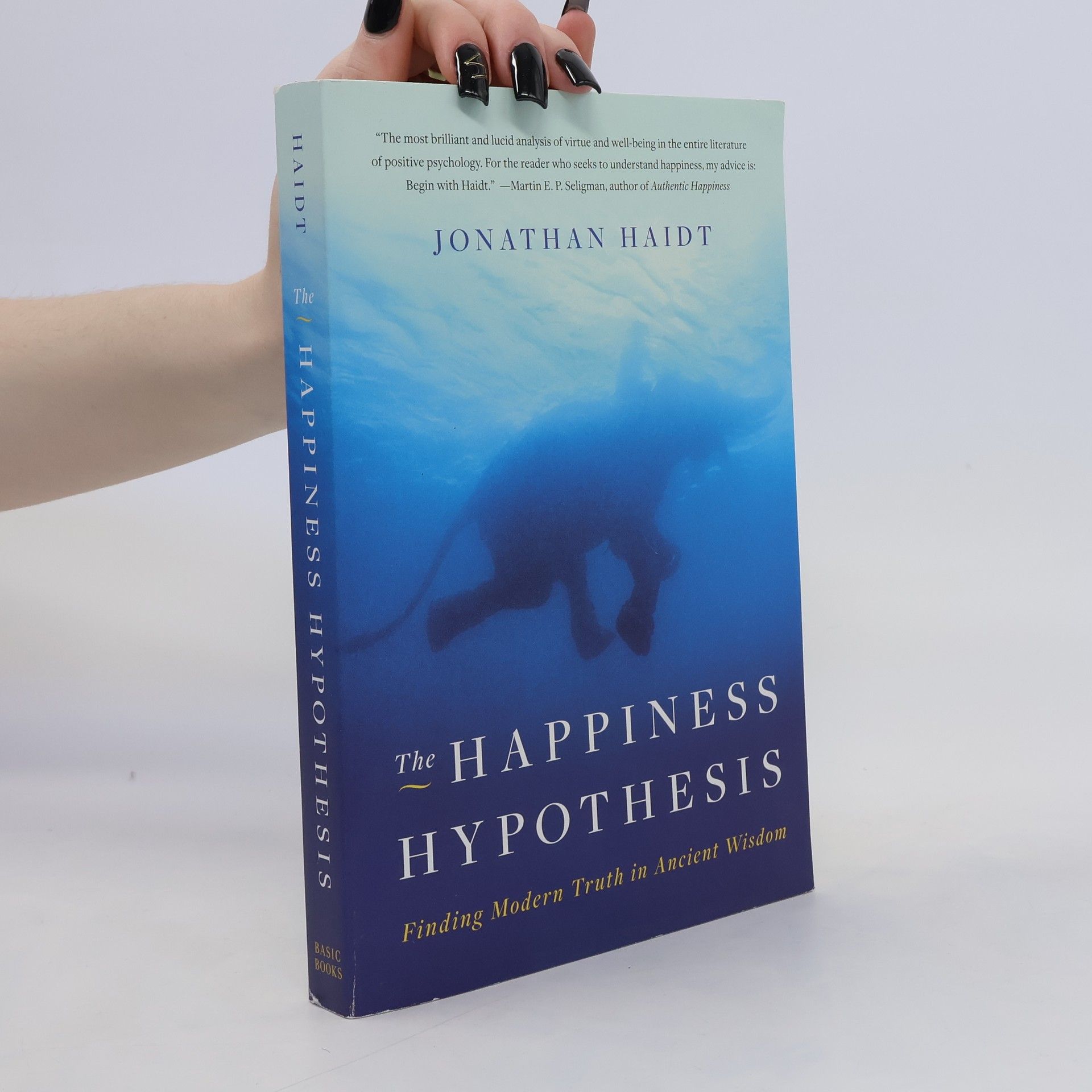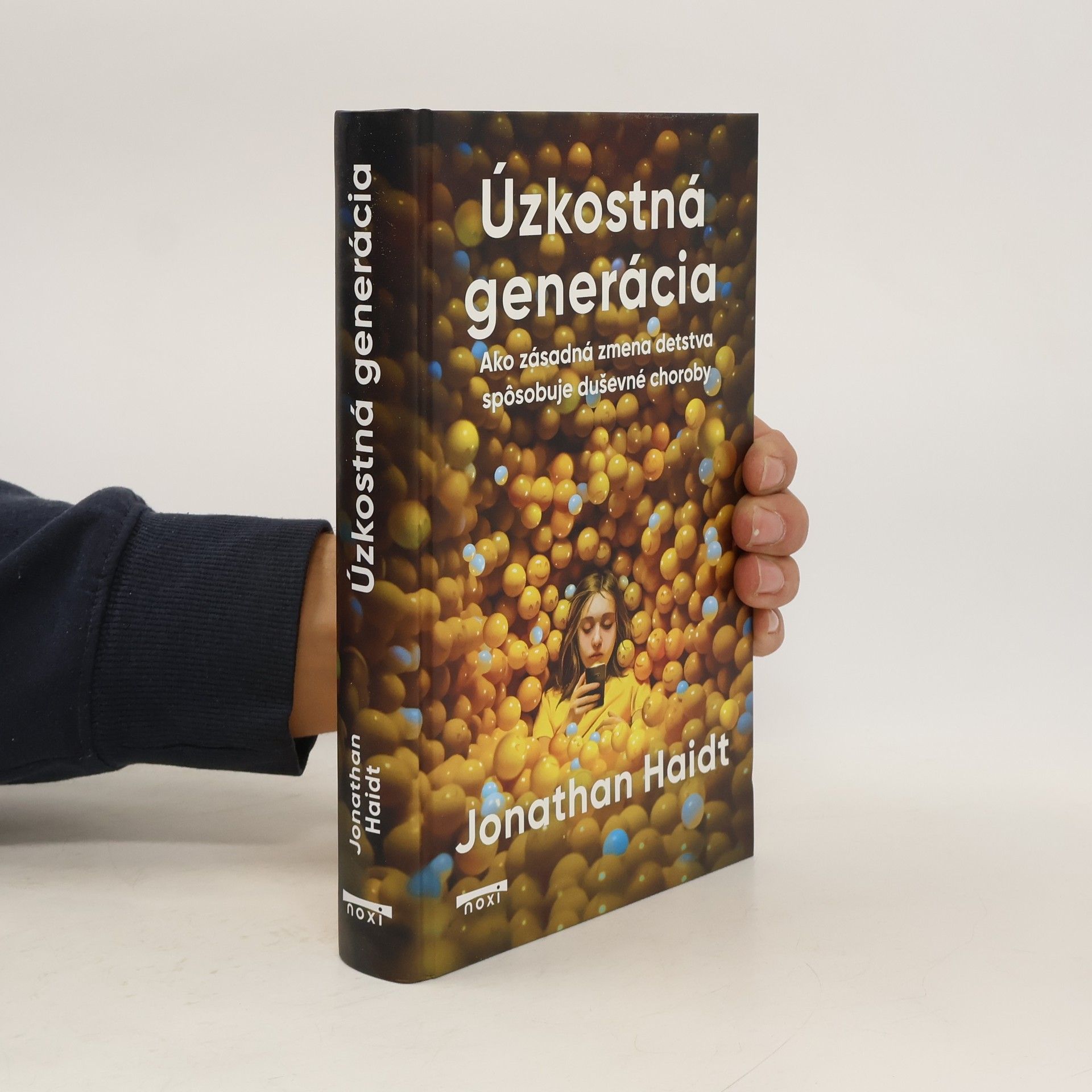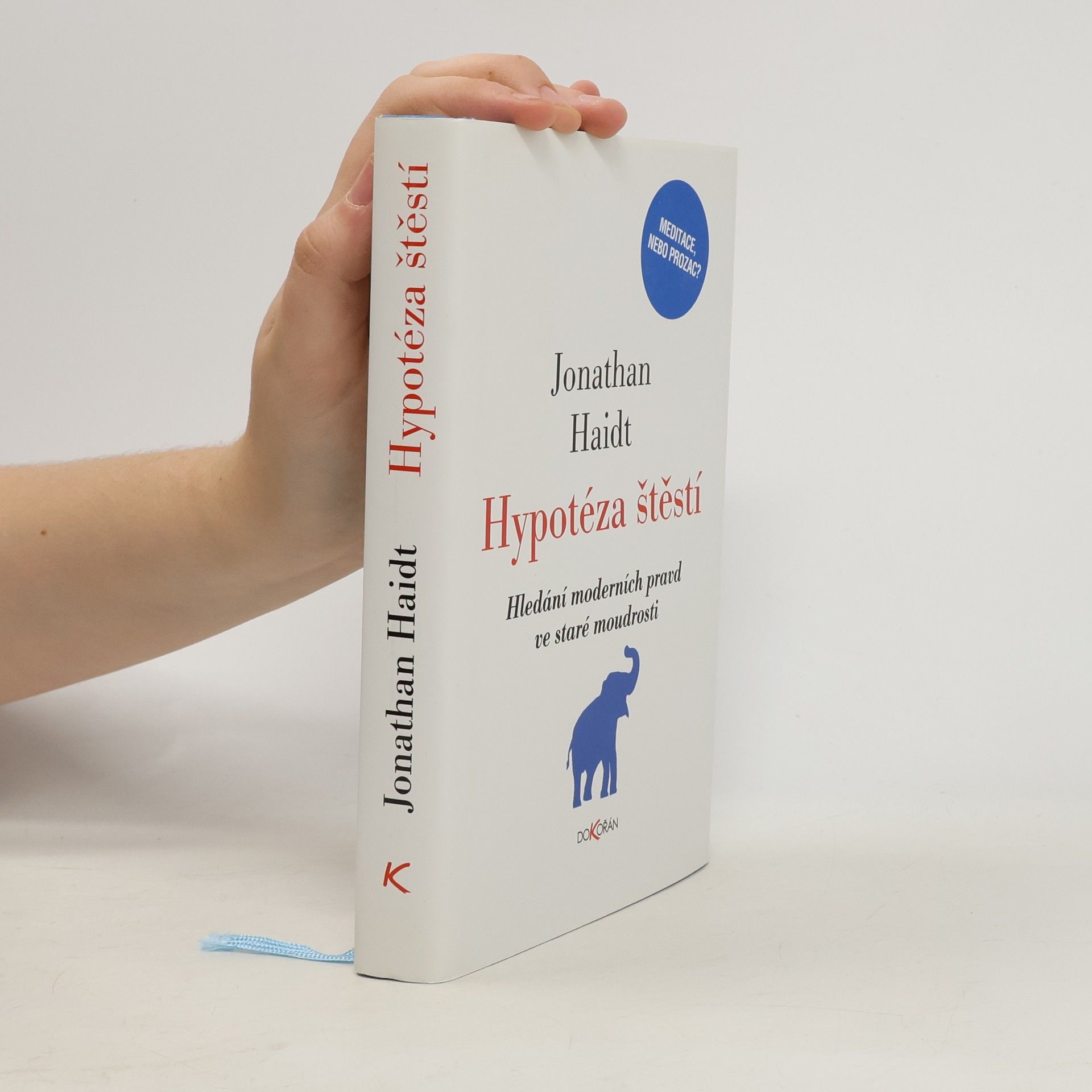Generation Angst
Wie wir unsere Kinder an die virtuelle Welt verlieren und ihre psychische Gesundheit aufs Spiel setzen
- 448 pages
- 16 hours of reading
Die Taschenbuch-Ausgabe des Spiegel-Bestsellers Drei mediale Megatrends bestimmten die frühen 2010er-Jahre: Smartphones, Social-Media-Plattformen und die Selfie-Kultur. Das Ergebnis: Eine ganze Generation von Kindern und Jugendlichen verwendete mehrere Stunden am Tag darauf, durch die Beiträge von Influencer:innen und mehr oder weniger fremden Nutzer:innen zu scrollen, statt sich mit Menschen in ihrem unmittelbaren Umfeld auseinanderzusetzen. Die Mitglieder der Generation Z, die als Erste ihre Pubertät mit den neuen Medien in der Tasche durchlebten, wurden so zu Testpersonen für das Aufwachsen in einer radikal umgestalteten, zunehmend digitalen Umgebung. Die Folgen dieses Experiments waren, wie Jonathan Haidt auf Grundlage umfangreichen Datenmaterials zeigt, katastrophal – und sie betreffen auch die heute Heranwachsenden. Die schnellste und allumfassendste Neuverdrahtung menschlicher Beziehungen führte dazu, dass sich die mentale Gesundheit der Kinder und Jugendlichen rapide und dauerhaft verschlechtert hat. Dieser Entwicklung müssen wir jetzt entgegentreten: Haidt erklärt, was Regierungen, Schulen und Eltern tun können, um Kindern ein gesundes Aufwachsen zu ermöglichen.












